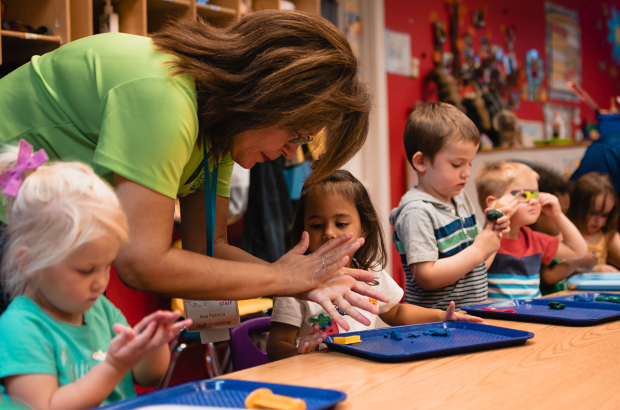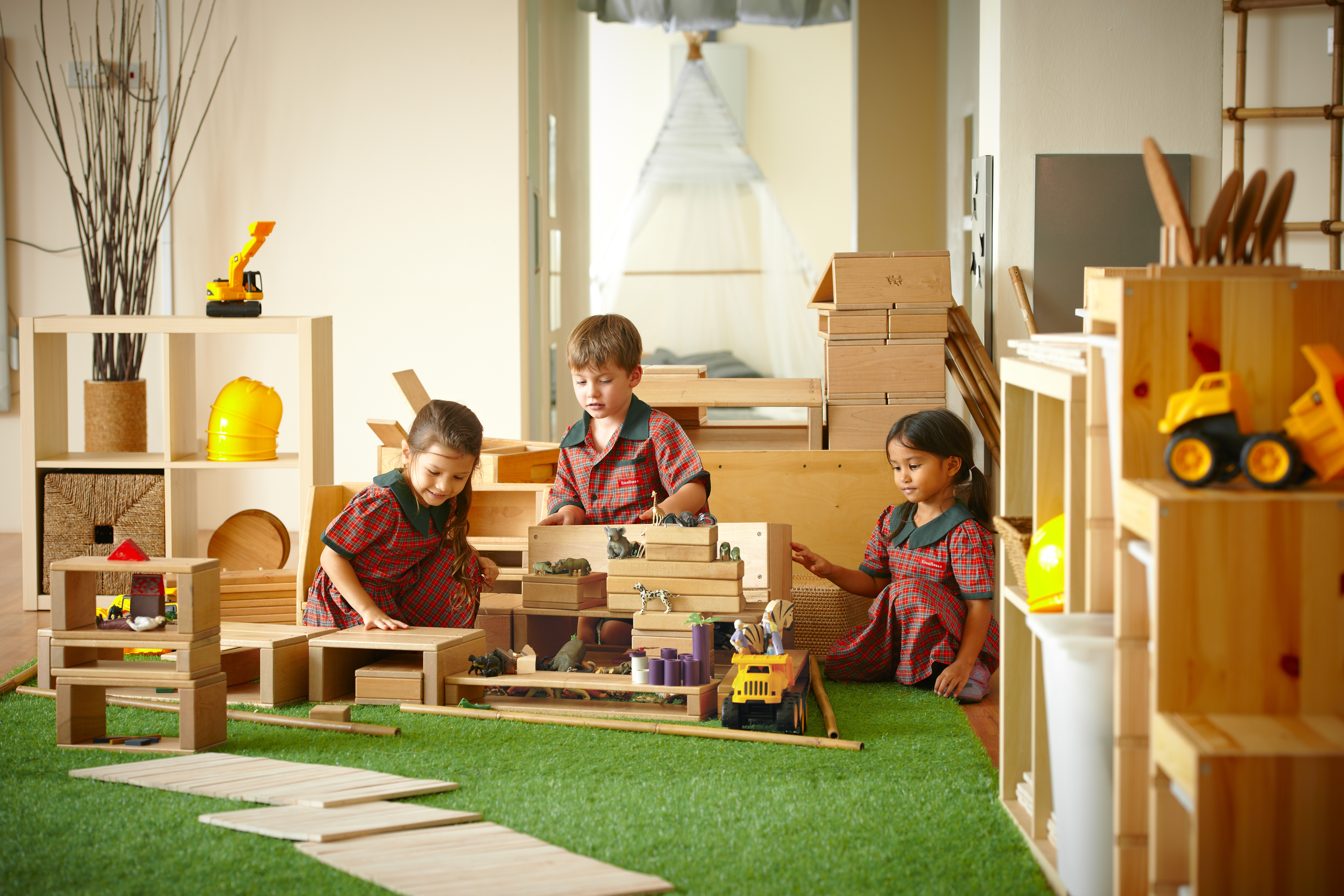
Kindergarten education is a crucial stage in a child’s academic and social development. It serves as the foundation for all future learning and sets the stage for lifelong educational success. This article explores the definition of kindergarten education, its significance, and the impact it has on young children’s cognitive, emotional, and social development.
What is Kindergarten Education?
Kindergarten is a formal early childhood education program for children typically between the ages of 4 and 6 years old. It is designed to prepare children for the academic challenges of primary school by introducing them to basic concepts in language, mathematics, and social skills. While kindergarten is not mandatory in all countries, it has become an essential part of the educational system in many regions around the world.
Kindergarten programs vary in structure and content, but they generally focus on nurturing a child’s cognitive, emotional, and social development through engaging and playful activities. It serves as an important transitional phase between home life and the more structured environment of elementary school.
The Importance of Kindergarten Education
1. Cognitive Development and Academic Readiness
One of the most significant benefits of kindergarten is its impact on cognitive development. At this stage, children are introduced to fundamental academic concepts such as numbers, letters, shapes, and colors. They begin to develop basic literacy and numeracy skills, which are essential for their success in later grades.
Through activities like reading, storytelling, singing, and simple math exercises, children’s brains are stimulated, helping to build the cognitive foundation necessary for more complex learning in elementary school. Kindergarten also helps children develop problem-solving skills, critical thinking, and the ability to follow instructions, all of which are vital for academic success.
2. Social and Emotional Development
Kindergarten plays a critical role in helping children develop social and emotional skills. It is often their first experience interacting with peers outside of their family circle. In a classroom setting, children learn how to work together, share, take turns, and resolve conflicts. These skills are essential for building positive relationships with others and functioning in social environments.
Kindergarten also helps children develop emotional intelligence by teaching them to recognize and express their feelings, manage their emotions, and build self-confidence. Teachers in kindergarten classrooms create a nurturing environment where children can learn to feel secure and confident as they navigate their emotions and relationships.
3. Building Self-Discipline and Independence
Kindergarten is an excellent place for children to begin learning about discipline and responsibility. In a structured environment, children are taught to follow rules, stay on task, and be responsible for their own actions. These early lessons in self-discipline prepare children for the more structured environment of elementary school and beyond.
In addition, kindergarten provides children with opportunities to practice independence. Whether it’s learning to tie their shoes, pack their backpacks, or make decisions about what activity they want to engage in, these moments foster a sense of autonomy and responsibility. By developing self-reliance at an early age, children gain confidence in their ability to navigate the world independently.
4. Preparing for Primary School
Kindergarten acts as a bridge between preschool and primary school, providing children with the skills and knowledge they need to succeed in elementary education. In kindergarten, children are introduced to the routines of a school day, such as following a schedule, transitioning between activities, and working in groups. These experiences help ease the transition to primary school, where the academic expectations become more formal.
Teachers focus on fostering academic readiness by teaching children how to read and write, count and do basic math, and develop an understanding of the world around them. As children gain foundational skills in these areas, they are better prepared for the challenges and expectations they will face in primary school.
Benefits of Kindergarten Education
1. Long-Term Academic Success
Research has shown that children who attend high-quality kindergarten programs are more likely to succeed academically throughout their education. Kindergarten sets the stage for learning in later grades by building strong cognitive skills, such as language development, memory, and attention span. Children who have these skills are better prepared to thrive academically in first grade and beyond.
Additionally, kindergarten helps children develop the social and emotional skills needed to work well with others, follow directions, and remain focused on tasks, all of which contribute to academic achievement.
2. Closing the Achievement Gap
Kindergarten education is particularly beneficial for children from disadvantaged backgrounds. Early childhood education programs can help close the achievement gap by providing all children with access to quality learning experiences, regardless of their socio-economic status. By giving every child a strong start in their educational journey, kindergarten plays an important role in promoting educational equity.
Children from low-income families may not have the same access to educational resources or experiences at home, and kindergarten offers an opportunity for them to develop the skills they need to succeed academically and socially.
3. Fostering Lifelong Learning
Kindergarten education fosters a love for learning by creating a positive and engaging environment. Children in kindergarten are encouraged to explore their interests, ask questions, and engage in hands-on activities. These early experiences with learning help children develop a curious mindset and a passion for acquiring knowledge.
By fostering an interest in learning from an early age, kindergarten sets the stage for a lifelong journey of education. Children who develop a love for learning in kindergarten are more likely to continue pursuing education throughout their lives, leading to better opportunities in adulthood.
Conclusion
Kindergarten education is a critical step in a child’s educational journey. It serves as the foundation for academic success, social and emotional development, and lifelong learning. Through play, exploration, and structured learning, children gain the skills and knowledge they need to thrive in primary school and beyond. As such, investing in quality kindergarten programs is an investment in a child’s future, helping to ensure they are equipped for success in all areas of life.
With its focus on cognitive, emotional, and social development, kindergarten provides children with the tools they need to navigate the world confidently and to succeed in the increasingly complex academic, social, and professional environments they will encounter as they grow.



-1.png)